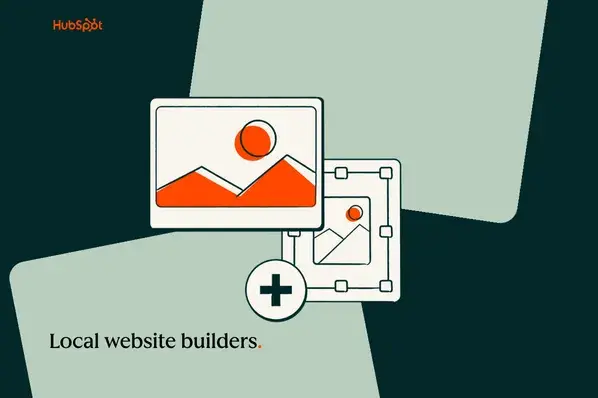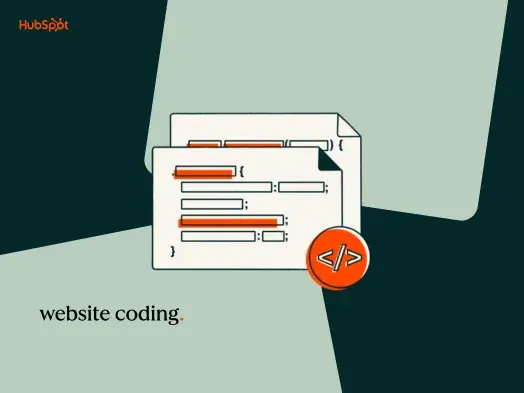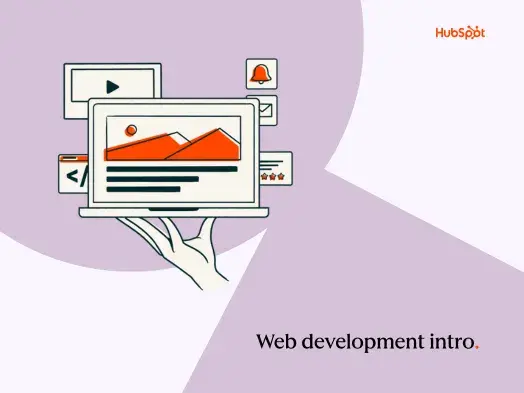This ambiguity wasn’t just a personal mystery but a broader question that perplexed many others in the tech sphere. For recruiters and companies, identifying the nuances between the two fields was essential for finding the right talent. This blog will distinguish between the two. Let's get started.
Diving Deep into Software Engineering
If you’ve ever wondered about the driving force behind your favorite mobile apps, computer programs, or even the systems that keep businesses running smoothly, you’ve pondered the work of software engineers.
How to begin your journey in Software Engineering?
Getting started in software engineering often begins with understanding the requirements of creating a functional, efficient, and user-friendly software application. These requirements are like the blueprint of a building - a detailed plan that outlines what the software should do, its features, and how it should perform under various conditions.
Now, let's break down the steps for those looking to carve a niche in software engineering.

Firstly, a solid grounding in programming is essential. Languages like Python, Java, and C++ are common starting points due to their wide applicability and robust communities. You don’t need to master every language; starting with one and gaining proficiency can open doors to understanding others.
A common path for aspiring software engineers is to engage in hands-on projects. Practical experience can sometimes speak louder than theoretical knowledge. Create something, no matter how small. It could be a personal budget management app, a custom calendar, or anything that interests you. Each project hones your skills, offering a practical insight into the challenges and triumphs of bringing a software application to life.
Additionally, embracing a culture of continuous learning is key. The tech field is dynamic, with new trends, tools, and technologies emerging rapidly. Stay informed, be adaptable, and seize opportunities to learn and grow. Online courses, workshops, and seminars can be invaluable resources.
In essence, software engineering combines the rigor of systematic design and development with the excitement of innovation. It‘s a journey from conceptualizing an idea to seeing it manifest as a functional, efficient, and reliable software application - a journey where each step forward is a blend of creativity, logic, and technical prowess. If you’re curious, willing to learn, and ready to face challenges with resilience, the world of software engineering awaits with open arms.
Embarking on the Web Development Journey
Whether it's the sleek layout of a homepage, the intuitive navigation of a web app, or the seamless functionality of an online checkout process, each element is meticulously crafted by web developers to ensure usability, aesthetic appeal, and performance.
How to begin your journey in Web Development?
Starting in web development is akin to stepping into a world where creativity meets technology. The first step is understanding the core languages that serve as the building blocks of web content: HTML for structure, CSS for styling, and JavaScript for interactivity.
Begin with HTML, the foundational language used to create the structural elements of web pages. It’s akin to the skeleton of a building, providing basic shape and structure. Next, CSS breathes life into this structure by adding styles, colors, and layouts, much like painting and decorating a house. Finally, JavaScript adds the interactive elements, turning a static page into a dynamic, interactive experience.
For budding web developers, creating your own website is a fantastic way to learn. Start simple. Focus on bringing a design to life, integrating basic functionalities, and ensuring user-friendly navigation. Like in software engineering, practical experience in web development can be a profound teacher. Every challenge overcome and functionality successfully implemented is a step closer to mastery.

The world of web development is ever-evolving, with new frameworks, libraries, and tools emerging regularly. Keeping pace with these developments is not just beneficial—it’s essential. Tools like React, Angular, and Bootstrap offer web developers enhanced capabilities to create more complex, efficient, and interactive web applications.
If the prospect of creating digital landscapes where aesthetics and functionality coalesce excites you, if you're eager to learn and adapt in a landscape that’s as dynamic as it is diverse, the world of web development is ready to welcome you into a journey of endless possibilities and innovations.
Software Engineering vs Web Development - The Grand Unveiling
Software engineering and web development, though intertwined in the broader sphere of technology, are distinct paths, each with its unique sets of skills, processes, and outcomes. At the heart of this distinction lies the nature of the work, the skills required, and the end goals.
-1.png?width=650&height=433&name=My%20Featured%20Image%20Template%20Backgrounds%20(2)-1.png)
Skill Set and Application
Software engineers typically immerse themselves in programming languages like Python, Java, and C++, delving into the world of codes where they build, test, and improve software applications. On the other hand, web developers often engage with HTML, CSS, JavaScript, and other web-focused languages and tools to craft and enhance websites and web applications.
Bridging the Gap
While these distinctions are clear, the bridge between software engineering and web development is also significant. Skills from each domain often overlap, leading to a hybrid role where professionals can wear both hats efficiently. For instance, a software engineer with a knack for design and user experience can seamlessly transition into web development, and vice versa.
Moving Forward with Clarity
Understanding these nuances is pivotal for aspiring professionals. It guides informed decisions aligning with one’s interests, skills, and career aspirations. In the dynamic world of technology, being equipped with the right knowledge is the first step towards a path that not only promises professional growth but also personal fulfillment.
As we delve deeper into the era where technology is omnipresent, the boundaries between software engineering and web development continue to blur, yet the core distinctions remain significant. Knowing where you fit can be the key to a fulfilling career, marking the beginning of a journey where every line of code penned is a step closer to innovations that can shape the digital future.
The Intersection - Where Two Worlds Collide
In the nuanced realms of software engineering and web development, an intriguing intersection exists. Here, the rigid yet intricate nature of software construction meets the dynamic and creative aspect of web design. Professionals who navigate this intersection are often versatile, possessing a diverse skill set that allows them to move fluidly between the structural world of software engineering and the artistic domain of web development.
Blurring Lines
While the distinctions are evident, so too is the overlap. HTML, CSS, and JavaScript are fundamental for web developers, yet they're not strangers to the toolkit of a software engineer. Similarly, an understanding of algorithms and data structures, the bedrock of software engineering, can empower web developers to optimize website performance and functionality.
Hybrid Roles Emerge
The emergence of roles such as Full-Stack Developers attests to this blend of skills. These professionals are adept at handling both the front-end (user interface) and backend (server-side, database) development, epitomizing the convergence of skills required in both software engineering and web development.
Navigating the Intersection
For aspiring tech enthusiasts, recognizing this intersection offers a strategic advantage. It’s an opportunity to diversify skills, enhancing adaptability in a technology landscape that’s perpetually evolving. Mastering the art of balancing technical rigor with creative flair, logical precision with user experience insights can set professionals apart in a competitive landscape.
A Future of Integration
As technology advances, the intersection between software engineering and web development is poised to expand. Integrated skill sets will not just be advantageous but may become essential. In this evolving narrative, professionals who can traverse both worlds, who can code, create, design, and develop with equal prowess, will be the architects of a digital future where technology is not just functional but also an aesthetic and interactive experience.
Final Thoughts
Embarking on the paths of software engineering and web development is akin to setting sail on seas of endless discovery. Each code written, every application developed, and every website crafted isn’t just a technical endeavor but a stroke of creativity, a narrative of problem-solving, and an embodiment of functional art. The distinctions and intersections between these two worlds are not boundaries but rather signposts guiding aspiring professionals to a destination that resonates with their skills, passions, and aspirations.
As the narrative of software engineering vs web development continues to evolve, may your journey be marked by discovery, innovation, and the unyielding thrill of turning possibilities into realities.
Website Development






![How to make a website with user accounts and profiles [with WordPress, Wix, and more]](https://53.fs1.hubspotusercontent-na1.net/hubfs/53/%5BUse%20(3).webp)
![How to build a Google Site that looks good and drives business [templates & examples]](https://53.fs1.hubspotusercontent-na1.net/hubfs/53/Website%20Redesign%20Terms.png)




